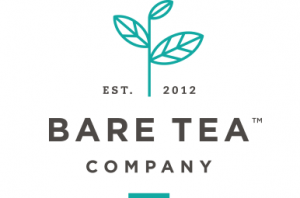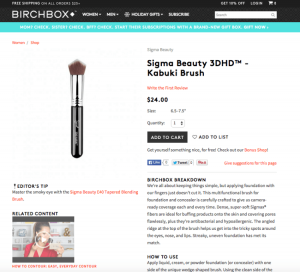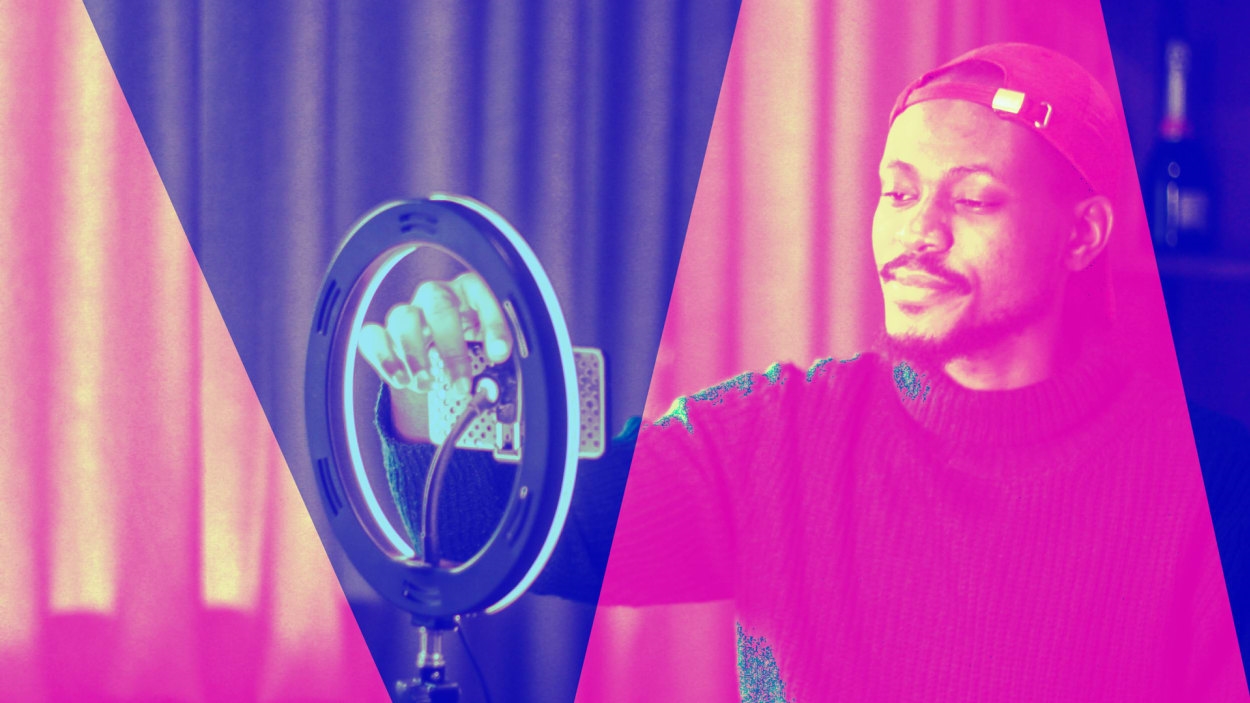
Listen to Fast Company’s Creative Control podcast on Apple Podcasts, Spotify, RadioPublic, Google Podcasts, or Stitcher.
Influencer marketing may be a relatively new job sector, but it’s certainly not immune to the systemic disparities that minorities continue to face in the workplace.
A 2021 study revealed that the racial pay gap between BIPOC and white influencers is 29%. Between Black and white influencers, that chasm widens to 35%.
The study also revealed that Black nano and micro influencers (under 50,000 followers) earning $27,000 annually were in greater number than white influencers in the same category: 77% versus 59%. In the macro influencer tier (more than 50,000 followers), averaging upward of $100,000 annually, only 29% were Black influencers and 41% were white.
Those are the kind of numbers Annelise Campbell saw firsthand while working as a marketing agent for agencies, including January Digital and Golin.
“I got to see the discrepancy in pay, what brands were willing to pay, what creators were charging, who had management, who didn’t have management—I got to see that discrepancy right in my inbox,” Campbell says in an episode of Fast Company‘s podcast, Creative Control. “After that, I was like, okay, somebody needs to create something.”
So she did.
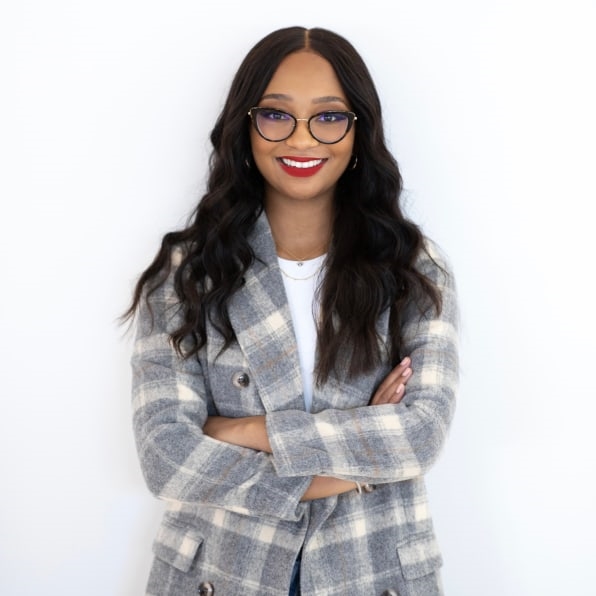
Campbell launched her management firm CFG (Campbell Francis Group) in November 2019 with a specific focus on working with creators of color, including beauty and lifestyle influencer Monica Veloz.
For Veloz, most creators see her as an OG, having been on YouTube for nearly a decade. However, she only went full-time as a creator in 2018 and admits there’s a lot she still doesn’t know. But she’s filling in those blanks with CFG.
“Then to be able to give it to others and be like, Y’all, this is the tea, y’all need to get it together, it’s so helpful,” Veloz says. “We need to create a community of knowledge, especially within the Black community, because a lot of us, we don’t really have it.”
Check out highlights of Campbell and Veloz’s conversation below and listen to the full episode of Creative Control on Apple Podcasts, Spotify, RadioPublic, Google Podcasts, or Stitcher.
It’s okay to walk away
Campbell: “I remember having some difficult conversations with some brands, like my client wears a wig. She’s not going to use this product on her natural hair because her audience is gonna be like, This is fake. We’ve never seen her natural hair before. Her hair is always in protective styles. Why would she use this, this way, right now? I’ve had to push back on a lot of brands and say this doesn’t work for this demographic. You need to trust them and let them lean into what they know will work for their audience. If you’re not going to, then we can walk away. It’s hard when you have an environment where Black creators and creators of color have been so under-prioritized. When the floodgate’s open, people feel like, Oh my God, I can’t say no. How dare I? I’m finally getting these opportunities. But it’s like, think about what you want for the long-term. Are these the actual brands you want to be aligned with? Or are you just taking it because the opportunity is available?”
Brands, adjust for the blindspots you created
Campbell: “I’ve had conversations on behalf of clients where literally a brand rep will be like, Well, we work with this girl every year, and she does this. And I’m like, yeah, because you work with her every year. This is your first time speaking to this audience segment. You’ve never spent any time investing in this community. The likelihood from this one moment in time that you would get an immediate action is very low . . . . So are you putting creators of color in a position to succeed in your entire ecosystem? Or are you just throwing dollars at a problem?”
The creator economy ain’t for everybody
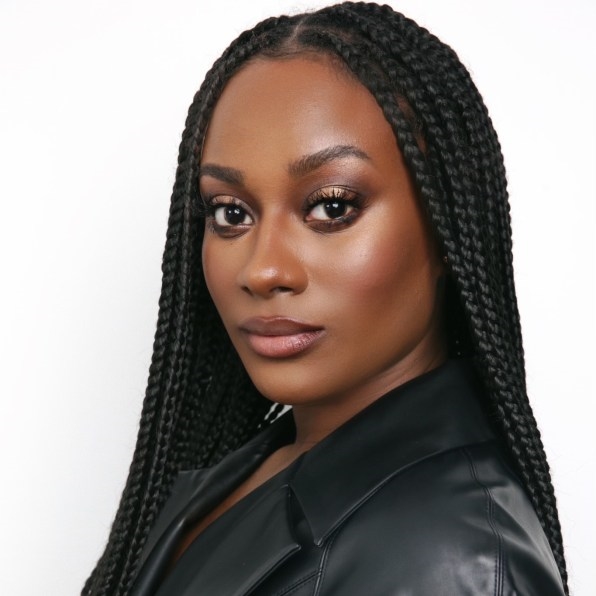
[Photo: Juan Veloz]
Veloz: “I’ve been in the game for almost 10 years. I just became full-time in 2018. And people are leaving their [full-time jobs]. It’s bizarre how now the industry is making it feel like everyone can do this. This is not glamorous. I am really hopeful that within the creative community, they realize that it’s beyond just getting cute and doing a transition. There is a work ethic that has to be applied. I’m six months pregnant. You think once that contract is signed that they’re like, ‘Oh, she’s having a moment? Aww.’ No, you gotta get to work. You have to have a level of work ethic that allows you to continue to have a successful career. So I hope that the creator community, they realize that the power is definitely in their hands.”
Fast Company , Read Full Story
(28)

